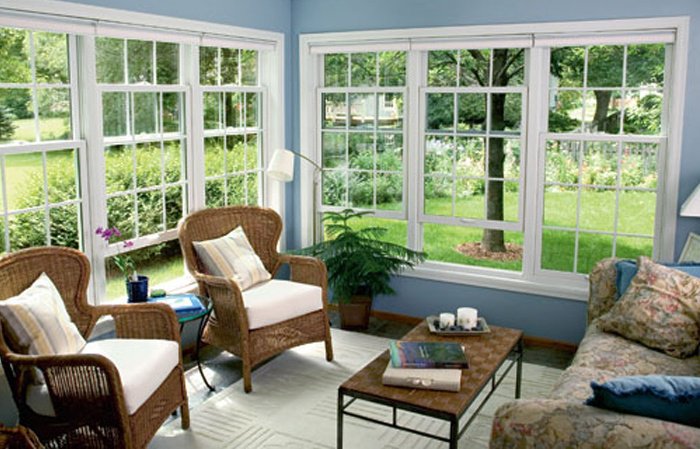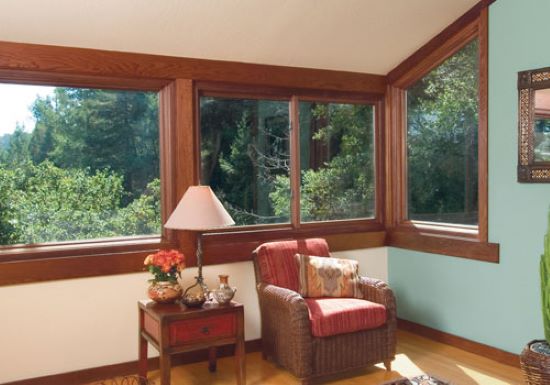


Winter has arrived, and in Ohio, that means lots of snow and some very cold temperatures. If there is a season that’s abnormally harsh on your windows, winter is it. So before the weather gets too severe, it’s a good idea to look over the windows on your Dayton home and determine how likely they are to survive through the winter. Follow this guide to inspect your windows for signs of deterioration and damage.
Examine the wood for rot and decay.
Many Dayton homes still have older wooden windows. Although wood may hold up well for a few decades, especially if you paint or stain it regularly, it will eventually begin to rot and deteriorate. If there are dents and chips within the wooden frame, or if you see areas that appear darker in color, these are signs of deterioration. Deteriorating windows will soon begin leaking and may become harder to open and close as the hardware is no longer strongly supported by the wood.
Look for condensation.
Condensation on the outside or inside surface of the windows is not a huge concern. However, if you have dual-pane windows and there is condensation between the two panes of glass, this indicates that the seal between the glass and the sash material has failed. This is a common problem with vinyl replacement windows. Vinyl becomes brittle when exposed to extreme temperatures and may crack, leading to leaks and the accumulation of condensation between the glass.
Press on the glass.
Press on the glass, using your fingers or the palm of your hand. Does it move or wiggle within the sash? Loose glass can occur when the sash material cracks or begins deteriorating. Windows with loose glass are more likely to blow out or shatter during wind storms. You may also hear the window rattling within its frame on windy nights, which can keep you awake. Loose glass also leads to air leaks and a loss of energy-efficiency.
Open and close the window.
After you’ve taken a look at the glass, try opening and closing the window. Make sure you can do so with ease. If you have to really push or pull on the window, or if the casement crank is really hard to turn, you should look into window repairs. Sometimes, you may just need to lubricate the hinges of a casement window or awning window to get them moving freely. If the window no longer locks or latches due to deterioration of the sash or frame, then your best bet is usually to have the windows replaced.
Pass incense near the window to detect leaks.
Air leaks are one of the most common issues with home windows in the winter. Air blowing in can make your room feel chilly, raise your energy bills, and thwart other efforts to insulate and warm your home. An easy way to detect air leaks involves lighting a stick of incense. Pass it in a big rectangle around the window frame. If the stream of smoke from the incense waivers, this indicates a leak.
Are your Dayton home windows showing signs of deterioration, leaks, and condensation? Replace them before the winter weather gets any more brutal. Contact Renewal by Andersen to schedule a free, in-home consultation with one of our trained and knowledgeable technicians.
